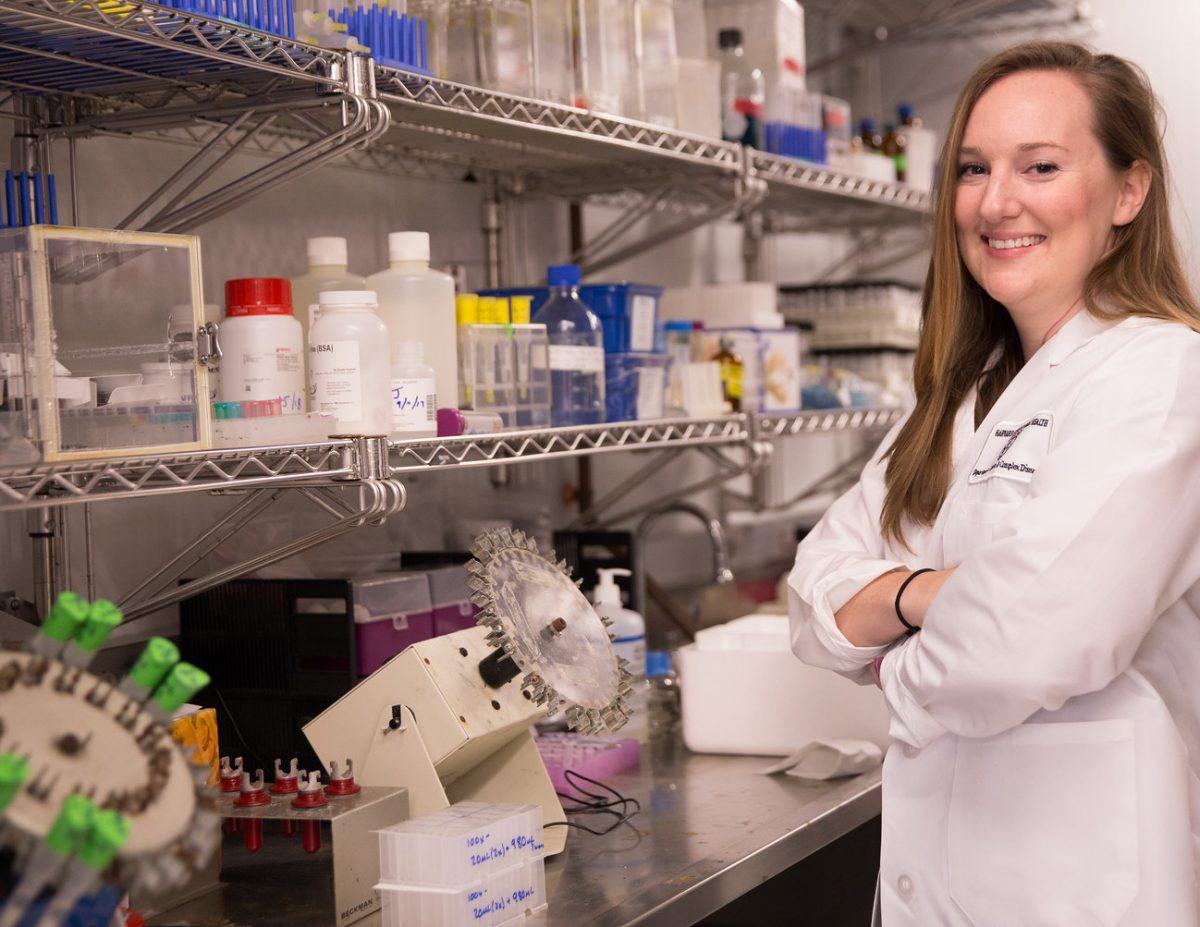Gain rigorous training in biochemistry and cell biology that may be applied toward solving nutritional problems in the laboratory.
Applicants wishing to do research in areas of metabolic dysregulation in complex diseases (obesity, diabetes, cancer), gene-environment interactions (inflammation, stress responses, epigenetics), or nutritional biochemistry (nutrient sensing, physiology, cardiovascular disease) usually apply to the Biological Sciences in Public Health (BPH) program. The program typically includes the following components: formal coursework; laboratory rotations; seminars; and a dissertation.
As a doctoral student in this program, you may:
- Acquire detailed knowledge regarding the biological basis of nutrition and the mechanisms by which diet can influence health. This includes a basic understanding of metabolism, physiology, molecular genetics, epidemiology and biostatistics.
- Develop laboratory skills required for modern biochemical and molecular studies of nutrition and its role in health and disease. This includes the quantitative analysis and interpretation of results.
- Attain skills in developing research proposals for the study of human nutrition. This requires the integration of knowledge about cellular and molecular biology, modern molecular genetics, and human physiology with concepts in nutritional sciences related to diet and disease.
- Develop skills in the oral and written communication of scientific information.
For full program administration information, please refer to the BPH program website.
